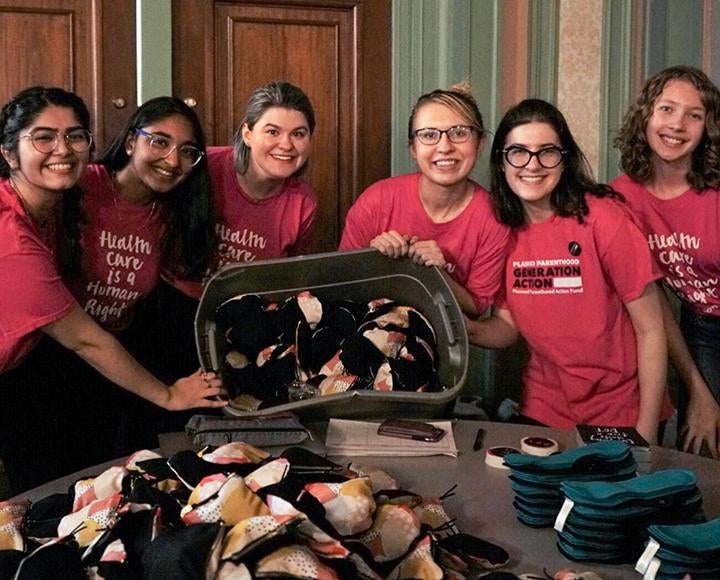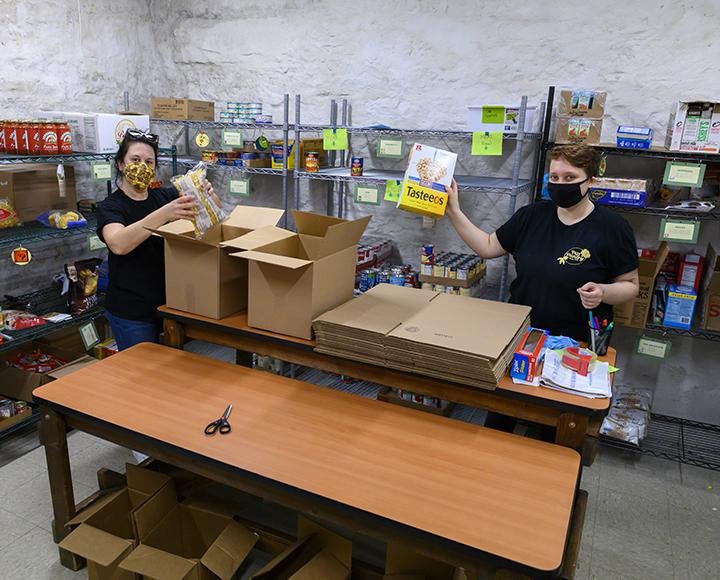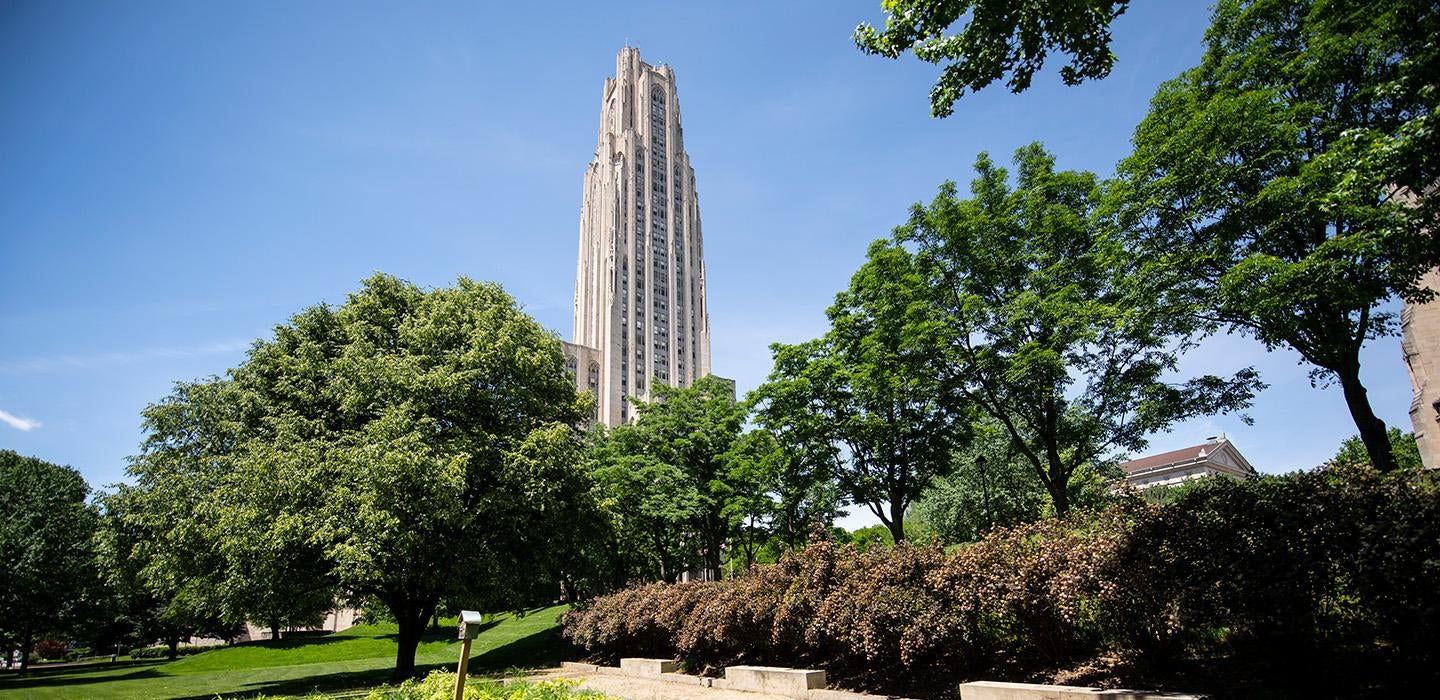
Subscribe to Pittwire Today
Get the most interesting and important stories from the University of Pittsburgh.Pitt Sustainability recently released its 2018-22 Progress Report on the Pitt Sustainability Plan. The 108-page report summarizes the progress the University of Pittsburgh has made on the 68 goals established in the plan, which launched in 2018.
Addressing the climate crisis by reducing greenhouse emissions is often what comes to mind when discussing sustainability; however, climate actions are just a few threads in the University’s larger tapestry of sustainability initiatives.
Sustainability involves balancing equity, economics and the environment so current and future generations can thrive. Across the University, through multiple academic disciplines and administrative offices, the Pitt community is moving toward a more sustainable world with ingenuity and creativity.
Here are some of the highlights from the report; you can read it in its entirety on the Pitt Sustainability website.
Educating our community
Educational and engagement strategies integrating sustainability into both academic opportunities and the campus experiences have cascaded across the University in the past five years. Since 2019, first-year students learn about sustainability before they even step foot on campus via an online pre-orientation module. Students also meet the Pitt Green Team during Arrival Week and can celebrate sustainability in their residence halls as part of a brand-new Sustainability Living Learning Community or by pursuing a Pitt Green Resident designation.
Academically, recognition of sustainability’s importance and infusion within diverse academic disciplines is evident in the growing number of courses that incorporate the topic. Since 2019, two new course attribute codes identify classes that are both sustainability related and sustainability focused. Academic offerings allow students to gain recognition for additional learning and work in the sustainability field, including the Undergraduate Sustainability Certificate and the Sustainability Transcript of Distinction.
And educational opportunities are not limited to Pitt’s student body. Multiple workshops and a Sustainability Professional Certificate are now available for faculty and staff through the Office of Human Resource’s Faculty and Staff Development Program (FSDP). Each FSDP workshop addresses both individual decision-making and University programs that impact local, national and global efforts to become more sustainable.


A decline in carbon emissions
Pitt set its first climate action goal in 2018, when the University pledged to reducing its greenhouse emissions (GHG) 50% by 2030 (from the 2008 baseline). Since then, the University expanded and deepened its commitment with the new Pitt Climate Action Plan, which braided the 2020 commitment to reach carbon neutrality by 2037 with Pitt’s academic mission — pursuing equitable outcomes and helping create economic resilience for our University and communities.
Pitt’s GHG emissions have been on a steady decline since 2008, and the annual GHG inventories indicate a 39.2% reduction in emissions for the Pittsburgh campus for fiscal year 2021. This notable achievement and continued reduction is credited to coordinated progress, including increased monitoring and automation of utility usage, the dogged pursuit of LEED certification for all new buildings and large renovations, and local renewable energy partnerships.
Interactive views of the University’s GHG emissions reduction journey can be accessed through the Pitt Sustainability Dashboard.
A sustainable foundation for all
Equity is an imperative pillar of sustainability — and the creativity and innovation synonymous with Pitt can only be accomplished if the members of our community have their basic needs met. This can look different for everyone: programs such as the Pitt Pantry and Emergency Meal Assistance help alleviate food insecurities; the award winning Pitt Zero Waste Period initiative educates and provides reusable menstrual products on campus; and Pitt’s Electronic and Information Technology Accessibility policy established standards for accessibility in digital environments.
Toward a more sustainable future
The ingenuity of Pitt students, faculty and staff in advancing sustainability on campus; in partnership with businesses, nonprofits and governments; and globally is nothing short of impressive. As we are personally, organizationally and socially faced with old and new challenges alike, looking at them from a sustainability lens allows current and future generations to thrive, and creates opportunities for success at every scale.
— Melanie Lippert, top photography by Aimee Obidzinski


